Spa Newsletter Fall 2023
Letter from the Head
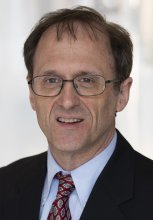
Dear Friends of the School of Physics and Astronomy,
It was a busy fall for the School of Physics and Astronomy. We welcomed two new faculty members this fall. Professor Michael Wilking joins us from Stony Brook University, where he was an associate professor. Michael is a leader in neutrino physics and will help the School maintain a pivotal role in this field as the next generation experiment (the Deep Underground Neutrino Experiment) gets underway. Assistant Professor Ben Margalit joins the School from Berkeley, where he was a postdoctoral researcher. Ben, who is a member of the Minnesota Institute for Astrophysics, is a theoretical astrophysicist focusing on transient events, such as fast radio bursts and collisions of neutron stars. He will be collaborating with observers taking advantage of some of the newest telescopes, which have the capacity to record transients on millisecond time scales. You can read more about Michael’s and Ben’s research below.
It is always a pleasure to report on the accomplishments of our faculty and students since our last newsletter. Associate Professor Fiona Burnell has been elected a Fellow of the American Physical Society, and postdoc Sarah Huebner, who is mentored by Professor Lucy Fortson, received the Innovation Impact Award from the University’s Office of the Vice President for Research. Please join me in congratulating Associate Professor Pat Kelly, who was recently awarded tenure in the School. You can read about some of Pat’s research below, along with highlights from Assistant Professor Zhen Liu’s group (on axions) and Associate Professor Vlad Pribiag and his students (on superconducting devices). At the end of the spring semester, we also recognized a record contingent (31) of undergraduate scholarship recipients along with 14 recipients of graduate fellowships and awards.
I am sorry to report that Professor Emeritus John Broadhurst passed away in October. John was a member of our faculty for almost 50 years and was instrumental in the construction of the Emperor van de Graaf accelerator in the 1960s and its operation as part of our nuclear physics program through the 1970s. John was a veritable font of knowledge about physics and technology, and he always provided his sage advice with wit. You can read more about John below.
The School hosted two public lectures this fall. In September, Professor Francis Halzen of the University of Wisconsin delivered the 16th Annual Irving and Edith Misel lecture sponsored by the William I. Fine Theoretical Physics Institute. A packed McNamara Alumni Center heard about the Ice Cube Neutrino experiment located at the South Pole. In November, Dr. Sheperd Doeleman of the Harvard and Smithsonian Institute for Astrophysics delivered the Karlis Kaufmanis lecture sponsored by the Minnesota Institute for Astrophysics. We heard about the fascinating work behind the images of black holes being obtained by the Event Horizon Telescope. Looking ahead, please mark your calendars for the next John and Abigail Van Vleck Lecture, which will be given by Professor Paul Chaikin of New York University on Wednesday, April 3, 2024, as well as the next Misel lecture, which will be delivered by Professor Pablo Jarillo-Herrero of MIT on Wednesday, Sept. 18, 2024. It is always a pleasure to welcome friends and alumni to campus for these events.
On behalf of all of us in the School, please accept our best wishes as we welcome 2024.
Sincerely,.
Paul Crowell

Head, School of Physics and Astronomy
School News
Moving Target: New faculty member does neutrino research with a twist
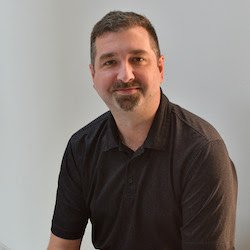
Professor Michael Wilking is a new faculty member in high energy physics. Wilking’s research is focused on neutrinos, and he is a member of several international neutrino collaborations, including Deep Underground Neutrino Experiment (DUNE).
Read more here.
Catching lightning in a bottle: New faculty member studies the physics of transient events
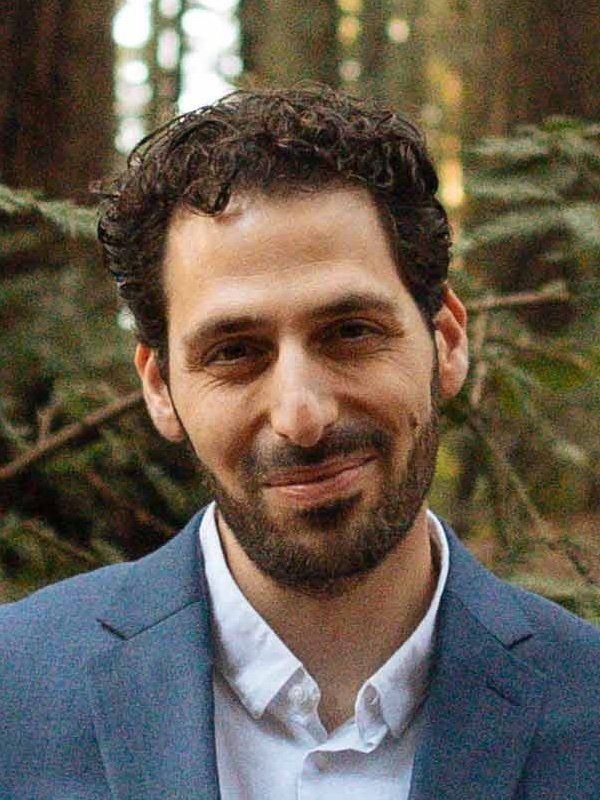
Ben Margalit is a new faculty member in the School and a theoretical astrophysicist who studies the fundamental physics of star explosions, collisions and other examples of intergalactic violence such as a black hole passing near a galaxy and “shredding it to spaghetti.”
Read more here
Burnell elected APS Fellow
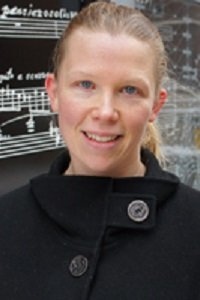
Associate Professor Fiona Burnell has been elected a Fellow of the American Physical Society (APS). Burnell is the 43rd faculty member from the School of Physics and Astronomy to be honored with the designation of Fellow.
Read more here
Huebner receives Innovation Award
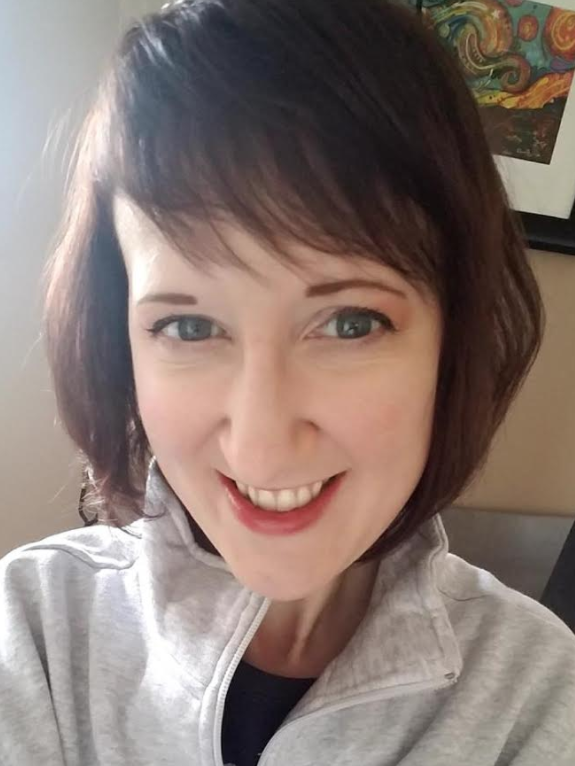
Postdoctoral researcher Sarah Huebner has received the Innovation Impact Case Award for her project “Citizen Science and Artificial Intelligence Combined to Conserve Earth’s Natural Resources.” Huebner’s project, Snapshot Safari, uses grids of wildlife cameras to monitor and study the diversity, distribution, and activity patterns of mammal communities in Africa.
Read more here
Kelly leads first-of-its-kind measurement of the Universe’s expansion rate
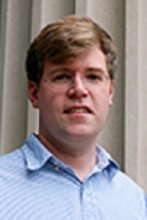
Assistant Professor Patrick Kelly led a team which used a first-of-its-kind technique to measure the expansion rate of the Universe, providing insight that could help more accurately determine the Universe’s age and help physicists and astronomers better understand the cosmos.
Read more here
Liu group helps expand the search for new particle
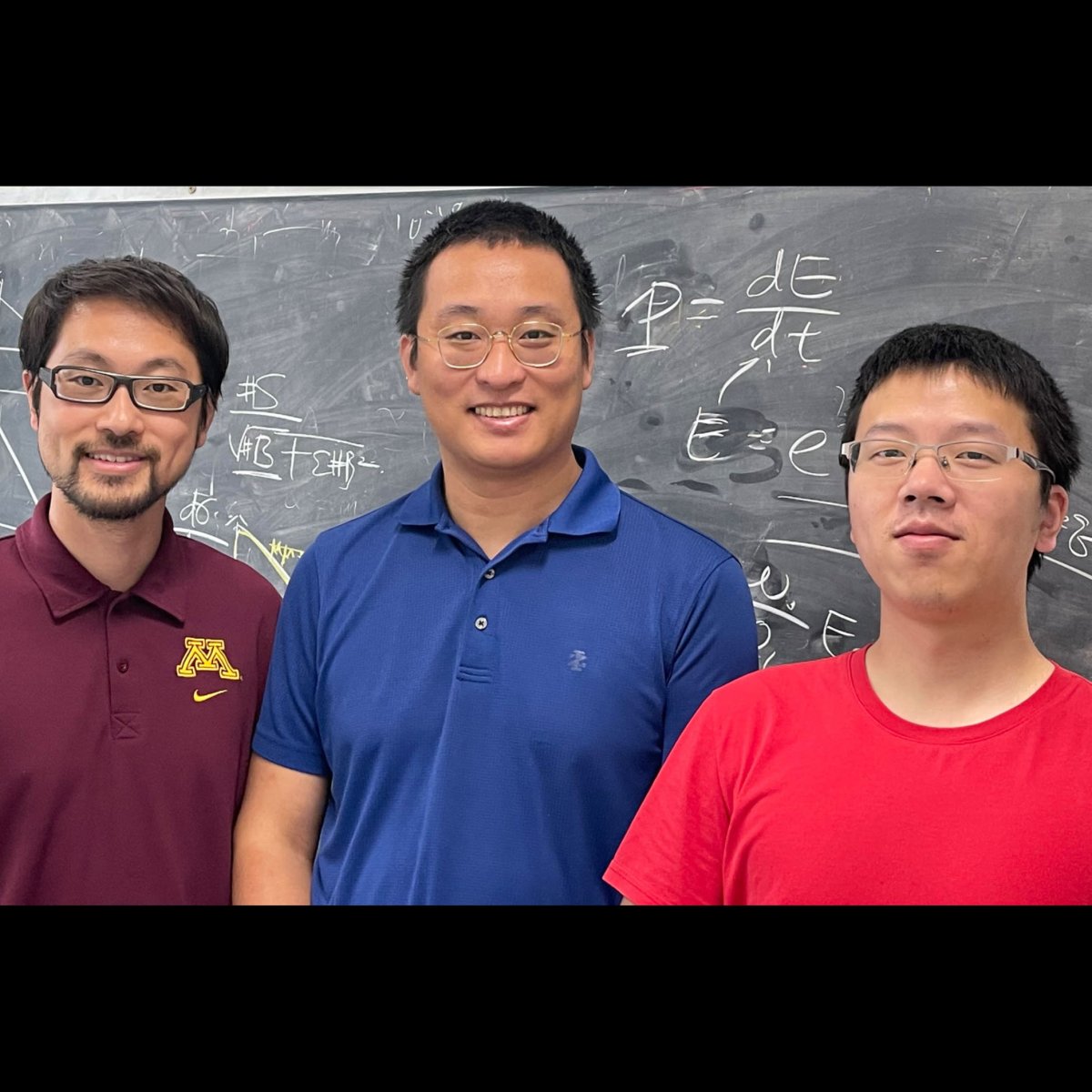
Discovering ‘axions’ could help answer one of the most puzzling questions in physics. The researchers’ new method of searching for the hypothetical axion involves measuring the “decay” of the particle into two muons—known particles that are essentially the heavier version of the electron.
Read more here
Pribiag group creates new superconducting diode that could improve performance of quantum computers and artificial intelligence
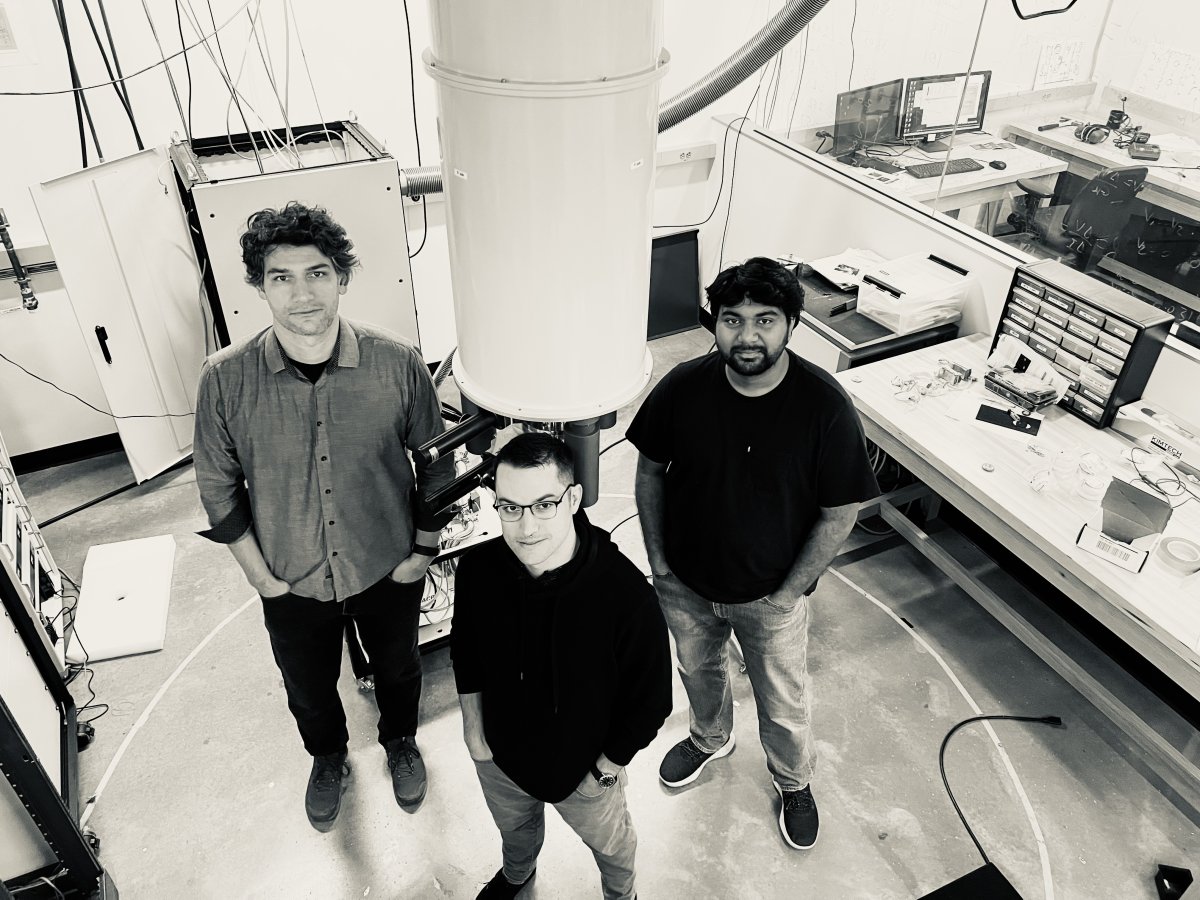
The Pribiag group has developed a new superconducting diode, a key component in electronic devices, that could help scale up quantum computers for industry use and improve the performance of artificial intelligence systems.
Read more here
2023 Undergraduate Scholarship Recipients
Thirty-one undergraduate students received scholarships in 2023. Read more about them here
2023 Graduate Fellowship Recipients
Fourteen graduate students received awards and fellowships in 2023. Read more about them here.
In Memoriam: Professor John Broadhurst, 1935-2023
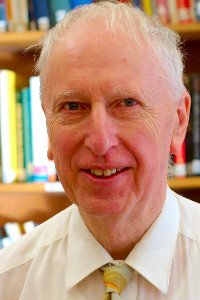
Professor Emeritus John Broadhurst of the School of Physics and Astronomy passed away on Oct. 17. He was 88. Broadhurst first visited the School in 1965 while on sabbatical, and was instrumental in the construction and commissioning of the “Emperor” van de Graaf accelerator. He was appointed to the faculty as an associate professor in 1968, was promoted to professor in 1975, and retired from the regular faculty in 2015.